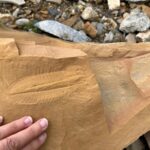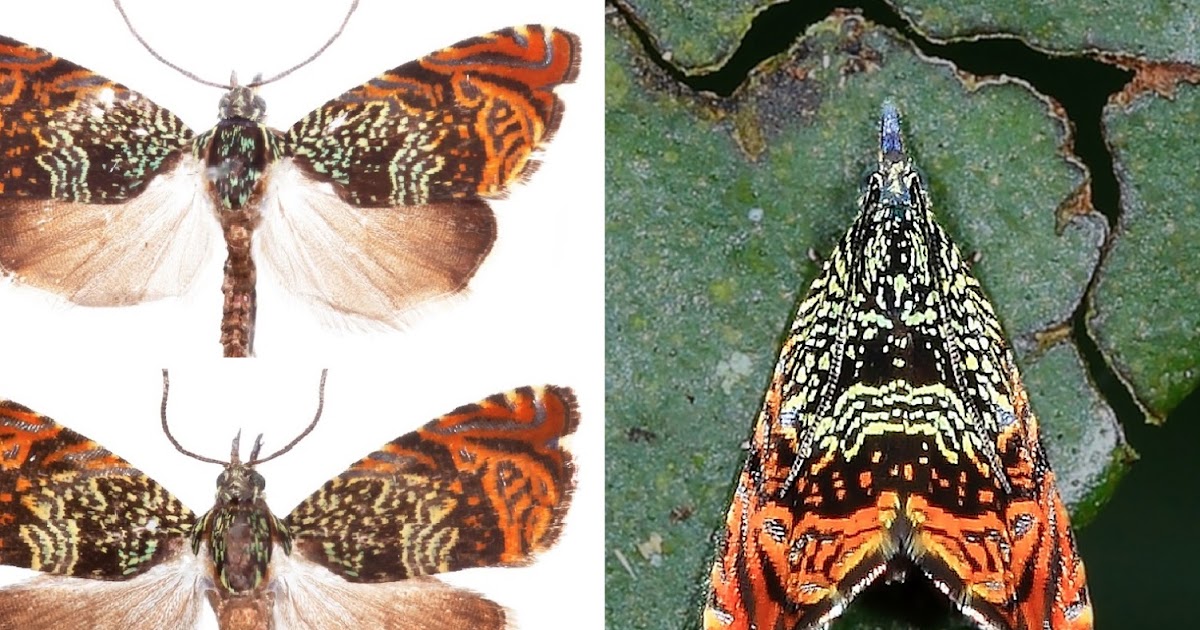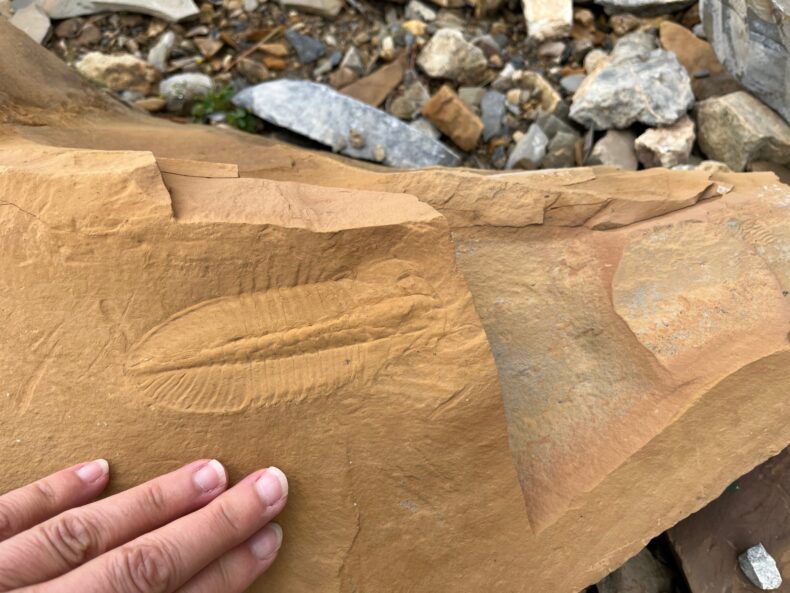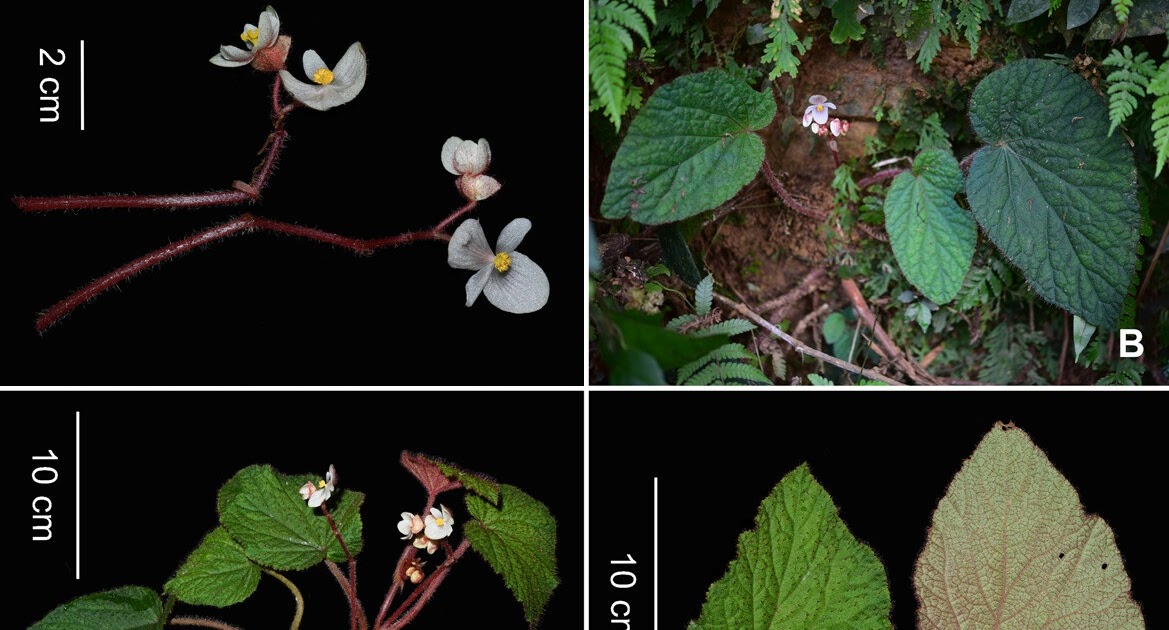Abstract
Debaratania gen. nov. is described in Thailand, with Debaratania bellula sp. nov. designated as type species. The new genus is characterized by its colorful forewing pattern, sexual dimorphism in forewing and hindwing shape, and distinctive venation of the male hindwings, where M3 and CuA1 have short peduncles both proximally and distally, with three distinct anal veins. The male genitalia feature a prominent, leaf-shaped uncus and a large tubular phallus with long, narrow horns. In the female genitalia, at the anterior end of the bursae ducts there is a conspicuous sclerotized plate with a strongly developed spinous process. Live and pinned specimens, wing venation and genitalia are illustrated. Structural features support its placement in the Enarmoniini tribe.
Keywords: Enarmoniini, taxonomy, national park, wildlife sanctuary
 |
| live specimens of Debaratania bellula sp. nov. (holotype). A. dorsal view. B. lateral view. |
 |
| Adults of Debaratania bellula sp. nov. A. adult male, holotype. B. adult female, paratype (np5520). (scale bars = 2 mm) |
Family Tortricidae Latreille, 1803
Subfamily Olethreutinae Walsingham, 1895
Tribe Enarmoniini Diakonoff, 1953
Gender Debaratania gen.nov.
Debaratania bellula rosaew sp. nov.
Diagnosis.- This new genus is superficially similar to some brightly colored species thaumatograph (Hilarographers), and antozela (Enarmoniini). However, it is easily distinguished by sexual dimorphism in the shape of the forewing and hindwing, with the male’s forewing being slightly more subtriangular.
Etymology.–Tthe generic nameDebaratania“is part of the name of Her Royal Highness Princess Maha Chakri Sirindhorn [Princess Debaratana Rajasuda].
#Olethreutinae #magnificent #genus #Thailand #description #type #species




![[Botany • 2025] Begonia chunxiuensis (Begoniaceae, section Platycentrum) • A new species from Guangxi, China](https://thenewshub.website/wp-content/uploads/2025/12/Begonia_chunxiuensis-novataxa_2025-Wang_Tian_Li_Xi-150x150.jpg)






